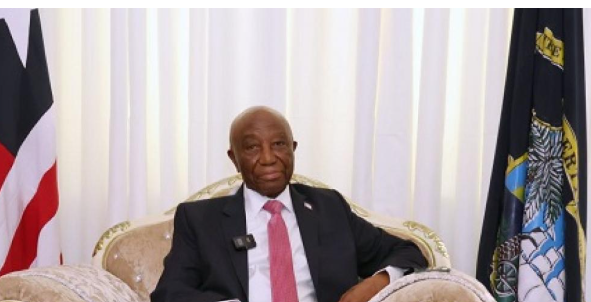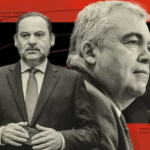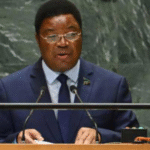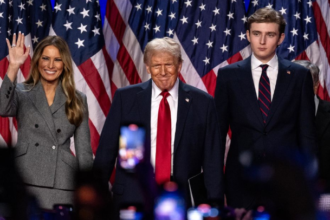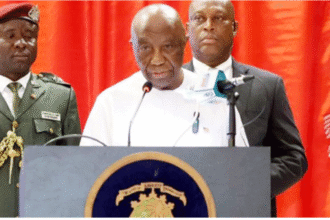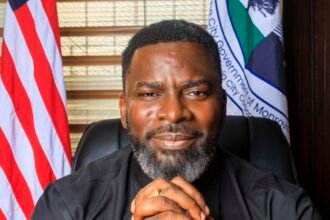By Sara Camara
Liberian President Joseph Nyuma Boakai is among the five African heads of state invited to a high-level summit hosted by U.S. President Donald Trump in Washington, D.C., from July 9 to 11. The summit, coordinated through the U.S. State Department in collaboration with the respective embassies, will focus on commercial diplomacy, regional security, and strategic resource partnerships.
An invitation from the American president is a significant honor and carries substantial symbolic and practical weight. It signifies recognition of the recipient’s standing and achievements, potentially opening doors to high-level discussions and collaborations. For international relations, such an invitation can be a powerful tool in diplomacy and strengthening ties between nations.
Symbolically, the invitation signifies recognition and validation of President Boakai’s work and the progress of Liberia. It also confers prestige and honor, associating the recipient with individuals who have made significant contributions to their field or society. The invitation brings significant media attention and public recognition, which can be beneficial for both personal and national profiles.
Practically, the summit provides President Boakai with networking opportunities, allowing him to engage with high-level officials and other influential individuals. Discussions at the event can shape policy decisions and agendas, potentially leading to future collaborations and partnerships. The invitation serves as a diplomatic tool, fostering goodwill, strengthening alliances, and facilitating dialogue on important issues.
In the context of international relations, the invitation signals a willingness to strengthen ties with Liberia and other invited African nations. It also serves as a form of diplomatic signaling, with the act of inviting or not inviting a foreign leader sending a clear message about the state of diplomatic relations. The summit can be a platform for promoting cooperation on global issues and fostering dialogue between nations.
During the meeting, President Boakai is expected to focus on the prosperity and development of Liberia from a trade and investment perspective. To develop Liberia, a multi-faceted approach focusing on human capital, infrastructure, institutional reforms, and economic diversification is needed. Key areas include strengthening education and healthcare, improving the business environment, expanding access to electricity and roads, and promoting agricultural development and sustainable forestry.
Investing in human capital, through education and healthcare, is crucial for Liberia’s development. The government’s plan to build 100 new schools by 2025 and improve the quality of education through teacher training and curriculum development is a step in the right direction. Access to healthcare, including maternal and child health services, also needs to be expanded.
Developing infrastructure, such as the road network, expanding access to electricity, and improving access to clean water, is vital for Liberia’s progress. The government’s focus on the “ARREST” agenda (Agriculture, Roads, Rule of Law, Education, Sanitation, and Tourism) highlights the importance of infrastructure development for overall progress.
Strengthening governance, improving the business climate, and reducing corruption are essential for attracting investment and promoting sustainable development. This includes reforms in public sector management, legal frameworks, and the judiciary.
Moving beyond reliance on natural resources and developing other sectors like agriculture, agribusiness, and sustainable forestry is key for Liberia’s economic diversification. The country has potential in agro-processing and should leverage its comparative advantages in these areas.
Creating a conducive environment for private sector growth, particularly in areas like agribusiness, manufacturing (building materials), and tourism, can drive job creation and economic expansion.
Addressing deforestation, hunting of endangered species, and pollution from industrial run-off and waste is crucial for long-term sustainable development.
In conclusion, the high-level summit in Washington presents an opportunity for President Boakai to discuss Liberia’s development and potential areas of collaboration with other African leaders and U.S. officials. A combination of strategic investments, policy reforms, and strong partnerships will be essential for Liberia to achieve its development goals.


